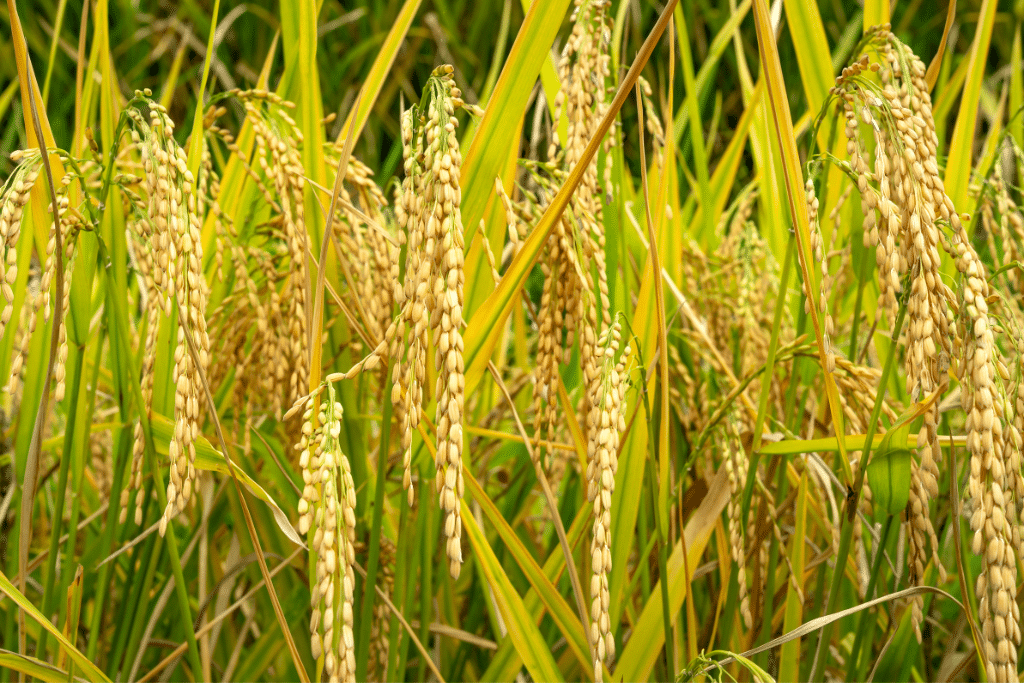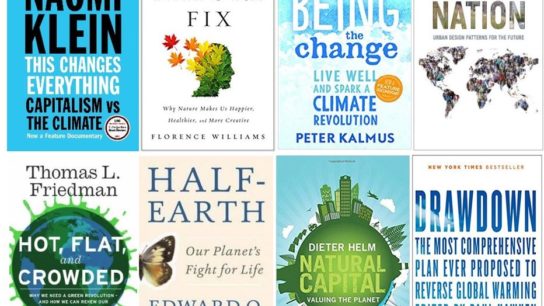The United Nations Food System Summit is an international conference held every two years that brings together scientists, businessmen, and politicians to negotiate the implementation of sustainable food systems. The summit raises awareness about issues such as food security, including farmers, indigenous groups, environmentalists, and other key stakeholders in discussions and debates. As this year’s summit approaches, we try to answer the question as to whether the UN has succeeded in achieving the objectives set two years ago, and what we can expect from the upcoming meeting.
—
Key Achievements at the 2021 United Nations Food System Summit
The United Nations Food System Summit (UNFSS) was first held in September 2021 in New York. The summit prompted world leaders and stakeholders from important sectors, including agriculture, policymaking, business, and food aid to work together to develop sustainable food systems and promote food security for vulnerable people. With youth empowerment being the top priority at the summit, youth champions were also involved in the debate and process of creating five action tracks, goals the UN aim to achieve before the next conference kicks in.
An occurring discussion was the outbreak of Covid19 in early 2020 and how it slowed down the UN’s progress in achieving all 17 Sustainable Development Goals (SDGs). According to the Food and Agriculture Organization (FAO), in 2020, between 720 and 811 million people faced hunger. While the number plateaued between 2014 and 2019, undernourishment spiked again in 2020, climbing to around 9.9%. In the same year, nearly one in three people did not have access to adequate food.
Here’s a summary of the five action tracks set at the 2021 summit:
- Ensure access to safe and nutritious food for all.
- Shift to sustainable consumption patterns.
- Boost nature positive production.
- Advance equitable livelihoods.
- Build resilience to vulnerabilities, shocks and stress.
According to the Report of the Secretary-General, the needs to improve sustainability are recognised worldwide, with 122 countries adopting national pathways and 155 appointed food systems national convenors. 101 countries have voluntarily submitted progress reports.
Transformational changes were made according to the action areas established. According to the Report of the Secretary-General, in order to guarantee all people on the planet to have adequate access to food, high-income countries focus on promoting healthy diets, while low-income countries focus on providing accessible food to reduce hunger and malnutrition. To boost nature-positive production, countries directed their attention to crop production and diversification by introducing the concept of Blue Food, which refers to the method of harvesting food from aquaculture, in which according to the Food and Agriculture Organisation (FAO), they are the fastest growing food production sector in the world in comparison to agriculture. To build resilience to vulnerabilities, governments also diversified their sources of food supply in order to work on building a resilient food system.
Ensuring inclusivity, 23 high-income and upper middle-income countries, 35 lower-middle-income, and 19 low-income countries have been consistently submitting reports back to the UN. They provide consistent updates on these nations’ transformational journeys, including a collective understanding of further developments to be made.
The UN Food Systems Coordination Hub, established as an immediate response to the UNFSS, has also achieved support and recognition as a tool to consistently stimulate discussion and awareness around food security. With the dialogue occurring on a monthly basis, national convenors recruited by governments bring together stakeholders in food systems for extensive dialogue on food security. According to the UN official website, more than half of the UN’s member states have pledged to host dialogue events to begin conversations about improving food systems.
The UNFSS Coalition of Action also supported the follow up of the UNFSS, providing technical assistance for the implementations of national pathways, such as technical analyses, investment plans and bankable business cases, in order to mobilise resources for implementation.
Governance plays an important role in sustaining efforts to solve food security, by involving ministries and convenors from different sectors and departments. The majority of the national convenors are working from the agricultural sector and a small proportion of others from the ministry of foreign affairs, planning, environment, health, economy and social affairs.
Aside from gaining support and participation in a global context, there are also relevant achievements for involving forestry when achieving sustainable food systems. This specifically targets the second action track, which is related to boosting nature-based solutions of production.
According to FAO, in October 2022, at least 27 countries included forest-related actions in their national pathways, ensuring that food systems do not interfere with deforestation. Moreover, at least 18 countries proposed to develop agroforestry under the agroecology theme, which is a tool for restoring biodiversity and degraded lands. The coalition on agroecology is strong, with more than 80 submissions referring to it as a promising solution, and 26 countries joining the coalition itself.
You might also like: Global Food Security: Why It Matters in 2023
What’s Not Been Achieved Since the 2021 Summit?
Even though the UN has made several efforts to increase dialogue on food security issues, while also gaining support from most countries to consistently update on their plans for transforming sustainable food systems, a few issues surrounding the inclusivity in the UN’s leadership have yet to be resolved.
According to the aforementioned Report of the Secretary-General, the UN has recognised this limitation, stating that providing sufficient space for women, youth, and indigenous people to participate in creating solutions remains a significant problem, acknowledging that engagement on solving food insecurity should be more inclusive of minority groups.
Another common critique is that the UN’s commitments for multistakeholderism were not promising enough multilateral rights. An article released by The International Journal for Rural Development, the Civil Society and Indigenous People’s Mechanism (CSM) criticises the “astounding extent” of corporate influence in the leadership of the UNFSS.
According to the 2021 report “Exposing Corporate Capture of the UNFSS Through Multistakeholderism”, the UNFSS has received criticism from over 550 civil society organisations for its big financial influence. The World Economic Forum, agrochemical & large agricultural corporations all have an extensive influence over leadership, while the most impacted groups from food insecurity – racial minorities, lower-income groups, and indigenous people – are typically excluded or under-recognised when it comes to decision making. It seems as though civil society is beginning to view UNFSS’s multistakeholderism as a corporate-driven agenda.
Michael Fakhri, the Special Rapporteur on the Right to Food, has advised the UN Committee on World Food Security (CFS) to devote further attention to “addressing the devastating impacts of the pandemic on food security and nutrition”. He feels that the UNFSS failed to recognise the impact of the Covid19 pandemic and how it worsened poverty and amplified food insecurity.
Overall, the UN needs to keep improving on the involvement of a diverse team of leadership for discussing and tackling food insecurity, and discussions should have further emphasis on the Covid19 pandemic, and how to relieve the consequences it has put on the international food system.
What Can We Expect From the 2023 UN Food System Summit?
The theme of this year’s UNFSS – which will be held on July 24-26 in Rome, Italy – is “Sustainable Food Systems For People, Planet And Prosperity: Diverse Pathways In A Shared Journey”. Along with the Italian Government, Rome-based UN agencies, including the Food and Agriculture Organization of the United Nations (FAO), the International Fund for Agricultural Development (IFAD), and the World Food Programme (WFP), will also preside.
While the last summit focused around food security issues and coming up with potential solutions, next week’s summit will focus on putting the ideas and goals they have set in the past summit into practice, aiming to eliminate delays in the implementation of new policies or programmes as well as accelerate the transformation of the food system itself.
Moreover, the UN will be focusing on how they promote the role of sustainable, equitable, healthy and resilient food systems. The UN recognises its role as a catalyst for food system transformation, being an international hub of decision making with the power to implement groundbreaking policies.
While putting further emphasis on executing these ideas, the UN will also share cases of transformation action led by state and non-state actors. Specifically, the organisation will host leadership dialogues that will address the subjects discussed in the plenary sessions, and also special events to push a global learning agenda that is practical and solution-based.
Final Thoughts
The UN has made substantial progress in maintaining consistent dialogue and global awareness on food security issues as well as garnering support from private sectors and key stakeholders. However, civil society groups rightly hope that the UN will pay further attention to increasing the diversity of their leadership to include groups that were arguably more affected by issues of food security.
Often, the first step to tackle a long-standing issue is by discussing and addressing the nuances of it. During the last summit, the UN has done sufficient discussion already, uniting different sectors. They have yet to take the next step in the future, which is to coordinate different sectors to take action and push to more practical and solution-oriented approaches.
You might also like: 3 Biggest Threats to Global Food Security














